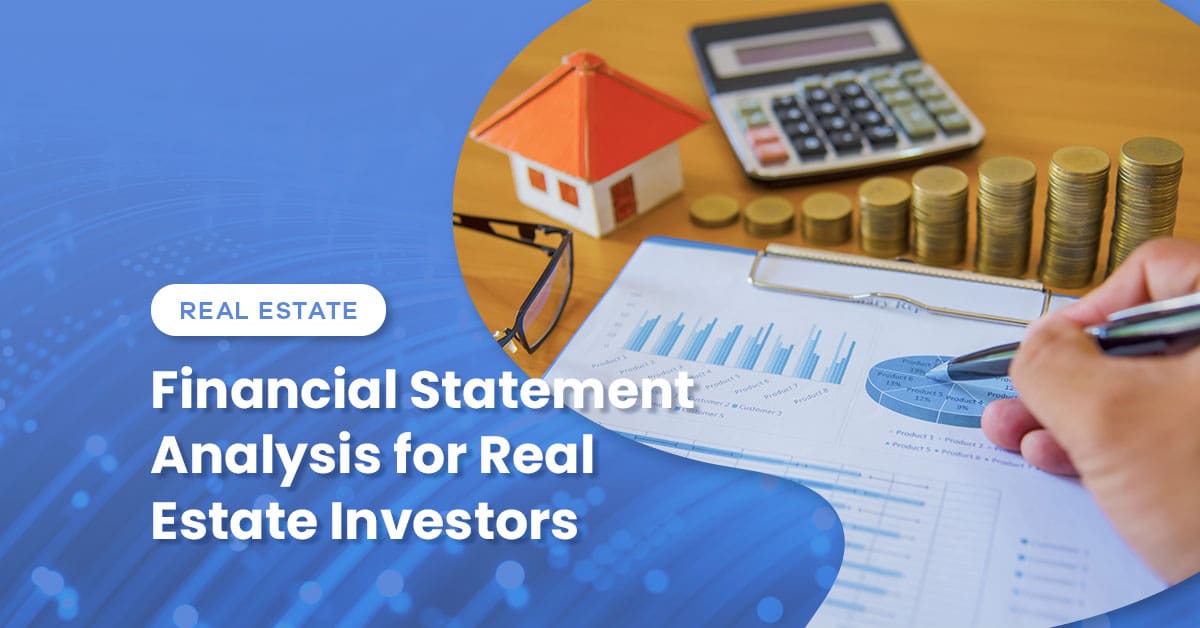By Michael Kroll, CPA
The Tax Cuts and Jobs Acts has been a popular topic this year where the focus has been mainly on tax cuts. However, there is a lot more to the new tax law than just tax cuts. There are new provisions providing significant tax benefits for investments in so-called Opportunity Zones and below are the details you need to know.
Distressed Area Investment
The idea behind the Opportunity Zones program is to create tax incentives for investments targeted at some of the nation’s most needy census tracts. By definition, these “opportunity zones” consist of communities where at least 20 percent of the residents are living below the poverty level, or 80 percent have incomes below that of the area median income.
Qualifying investments in those communities can be commercial projects, new industry, multi-family housing and other ventures that might spruce up neighborhoods, create jobs and help bring about economic rebirth.
In the state of New Jersey, 169 census tracts were designated for the program. You can check out an interactive map of those statewide Opportunity Zones here.
How the Program Works
Opportunity Zones present investors with a way to defer federal taxation on gains from the sale of property for as long as eight years, and even avoid taxation altogether on gains recognized on the future sale of your investment in the various Opportunity Zones funds that will be set up as part of the new tax law.
You’ll have 180 days following the sale of property that generates the gain to make the decision to invest in an Opportunity Zone fund. From that point, you can defer taxation on that gain to as late as December 31, 2026, or when your interest in the fund is sold, whichever comes first.
You’ll also benefit by receiving a reduction in the gain on the sale of your investment in the fund equal to 10 percent of the gain deferred on the original sale of property. To do so, you must maintain an investment in the fund for five years and a reduction in the gain equal to 15 percent of the gain deferred after seven years. After a full ten years, your investment will benefit from a permanent exclusion of gain on the sale of your investment in the fund and thereby avoid federal taxation altogether on the build-up in value of your fund investment.
It’s important to note that this permanent gain exclusion is only with respect to the build-up in value of your investment in the fund and not with respect to your gain on the original sale of property, which you used to invest in the fund. It bears repeating that you will eventually be taxed on the original sale of the property the earlier of the sale of the fund or December 31, 2026.
What Now?
This program was only signed into law in the last few days of 2017, so there are still some details to be worked out and there are few if any funds in actual existence. Despite being in the very early stages of this new law, venture capital firms, hedge funds, community development entities, private equity firms and other groups are already hard at work establishing qualifying funds.
They should be. One bipartisan public policy organization, the Economic Innovation Group, estimated that there was some $6 trillion in corporate and personal funding available and eligible for such a program. If even a fracture of that liquidity actually goes into Qualified Opportunity Funds, it could mean tens of billions of dollars in new tax-friendly investment opportunity.
Michael Kroll, CPA is a manager at Wiss & Company LLP. He serves clients in real estate, construction, engineering, and other fields. You can contact him at [email protected], or by calling (973) 994-9400.

 Previous
Previous






